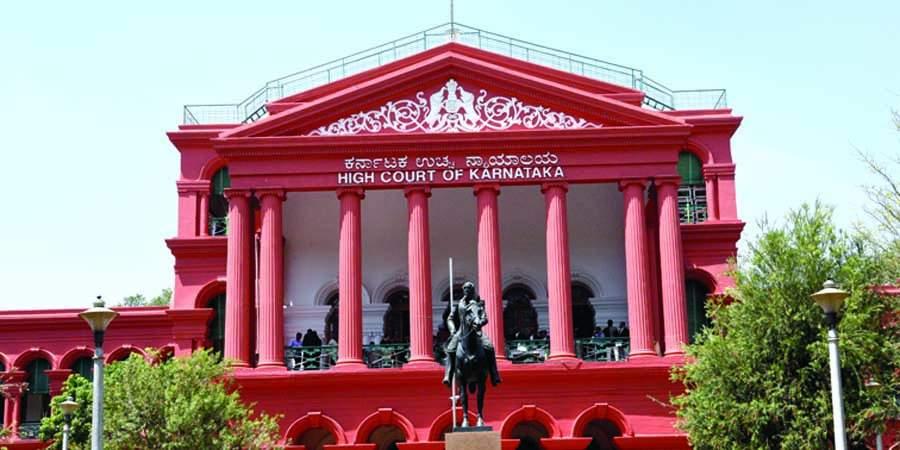Pardon to co-accused permissible on making full disclosure: Karnataka HC

Referring to the SC judgement in CBI vs Ashok Kumar Aggarwal (2013), the high court noted that it was held that if by tendering of pardon, prosecution thinks that it will be in the best interest of the successful prosecution of the other offenders whose conviction is not easy without the approver’s testimony, then the Court should accept it.
The Karnataka High Court has said that pardon to an accused is a permissible exercise of power by the concerned Court, if full disclosure of facts are made by the person who sought to turn approver in a criminal case.
"The only rider to the said power to be exercised by the concerned Court on an application under Section 306 of the CrPC is that it should not be an order which bears no application of mind. It should be an order which contains reasons as to why a pardon is granted to the co-accused and those reasons should be recorded in writing and such writing should reflect application of mind," a single judge bench of Justice M Nagaprasanna has said.
The court made this observation while dismissing a petition filed by Congress MLA Satish Krishna Sail against an order permitting an accused to turn as approver in the multi-crore illegal export of iron ore case, investigated by the CBI.
Referring to Section 306 of the CrPC, the bench said the purport of the provision or the soul of the criminal justice system is discovery of truth by all means even by procuring additional evidence.
"Section 306 of the CrPC is in the statute book for that purpose and the ingredients of the said section is that one who seeks pardon will turn an approver and one who turns as approver will divulge all facts within his knowledge under Section 164 of the CrPC," it said.
In their petition filed under Section 482 of the CrPC, M/s Shree Mallikarjun Shipping Pvt Ltd with its office at Goa, represented by MLA from Karwar-Ankola constituency, Sail questioned validity of October 07, 2021 order passed by Additional City Civil and Sessions Judge and Special Judge dealing with criminal cases related to MPs/MLAs in the State of Karnataka, Bangalore City, which allowed a plea by an accused No 4, Sushil Kumar Valecha to turn approver and granted him pardon in the case.
"If this practice is permitted every co-accused will turn as approver which would cause grave prejudice to the other accused," they had said.
They also contended the CBI had filed detailed objections and vehemently opposed the discharge application filed by the accused but did not whisper any objection to the grant of pardon to the co-accused.
The CBI counsel, on the contrary, submitted Section 306 is in the statute only for a specific purpose and discovery of truth is the aim of the criminal justice system. He further contended that if additional evidence comes about in a given case, it is always good either for the prosecution or the accused.
"Section 306 mandates concerned Court to accept an application filed seeking tender of pardon to any accomplice in the crime, subject to the condition that once pardoned he should make a fulland true disclosure of whole of the circumstances within his knowledge to the Court concerning the issue," the court said.
The court held that the trial court's order was a well-reasoned order which took note of several judgments on the issue rendered by the Apex Court which does not warrant any interference.
